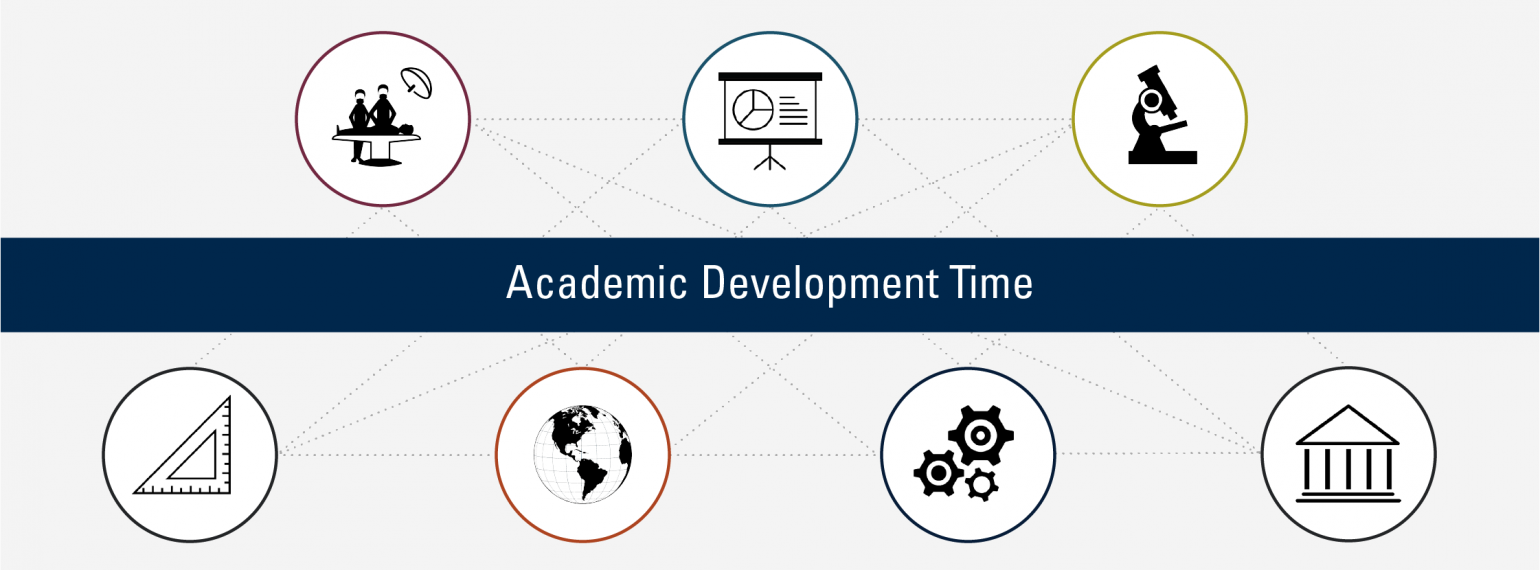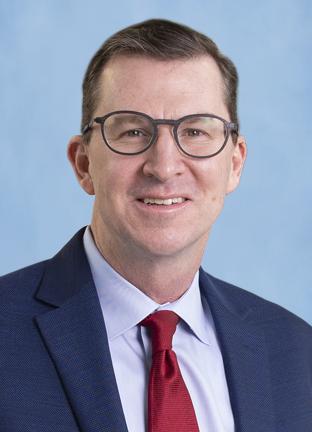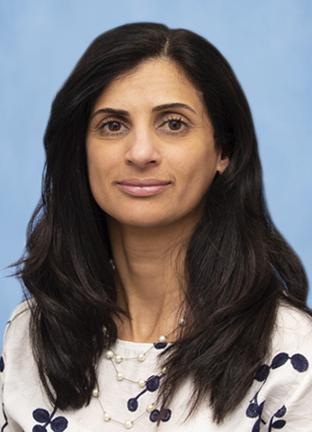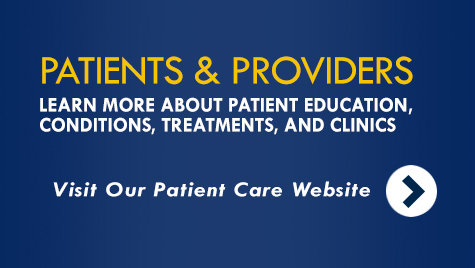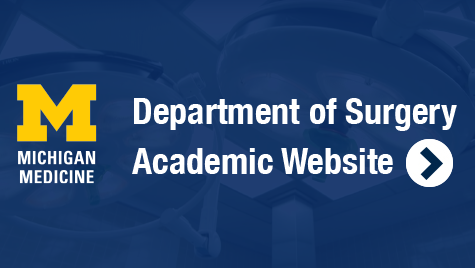Surgical trainees are guaranteed protected academic development time per the specifics of their program, usually after PGY 3. For most residencies, this is a designated one or two-year experience without clinical responsibilities, although opportunities for moonlighting experiences are available. Funding for this time is guaranteed. We offer a selection of majors and minors to provide structured academic development time, although residents are not limited to these options. Academic development time for all students includes the following key features:
- Flexibility is an absolute priority. Scientific discovery requires that young investigators are given the opportunity to pursue deep interests and curiosities. Structured academic centers are intentionally designed to foster this freedom and not to limit trainee self-actualization. If there is a passion or interest outside of “the norm”, we will find opportunities and resources to support it.
- Residents will work within an academic center for their major. This will provide resources in a community for academic achievement.
- Residents will have the option to choose an academic minor. The minors provide flexible and unique opportunities for academic achievement in important domains academic surgery.

